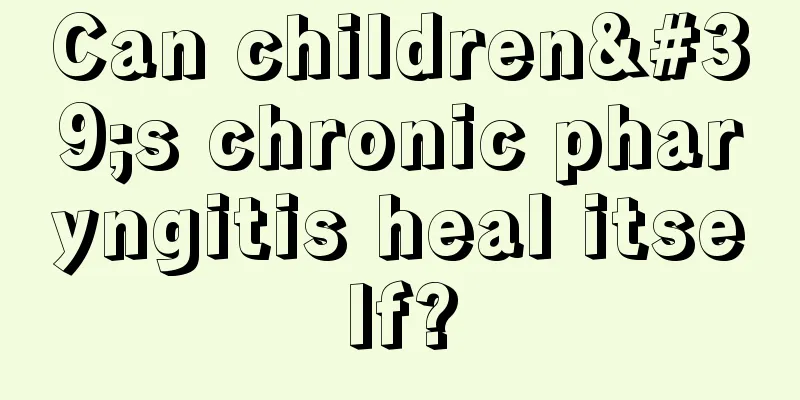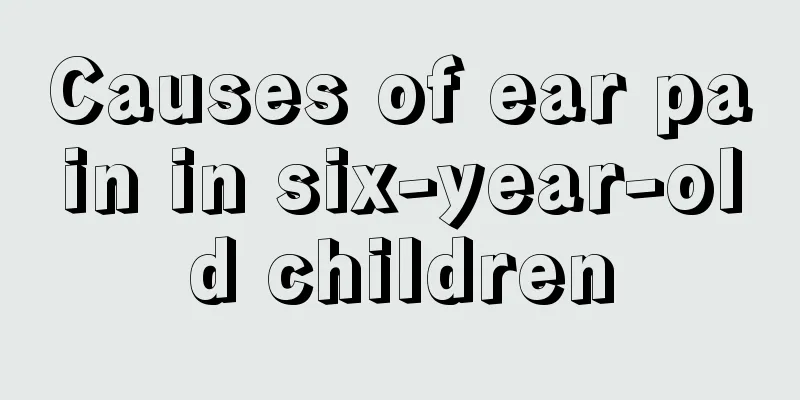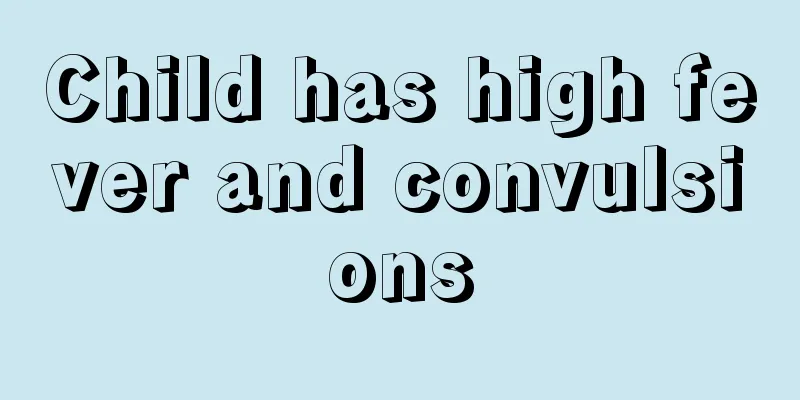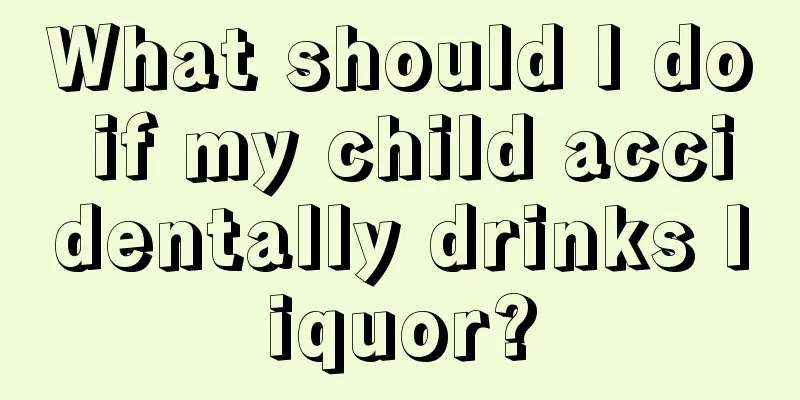What to do if a child has a persistent high fever
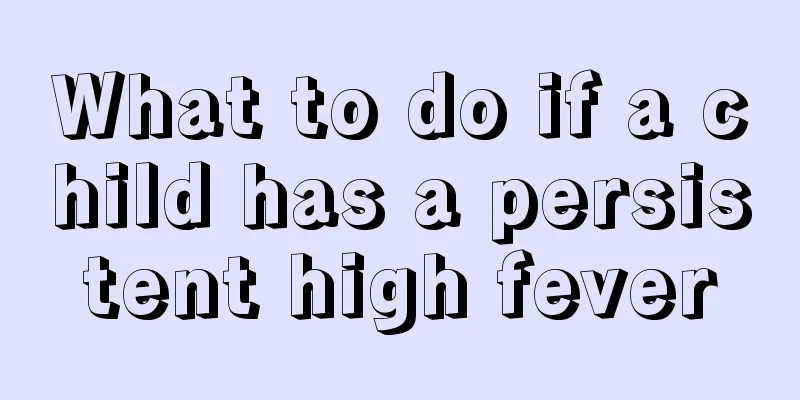
|
Some children have persistent high fevers, so it is necessary to take appropriate treatment in time to avoid the danger to the child's body caused by the high fever. In particular, children should pay attention to avoid the danger to the body caused by the high fever. So what should children do if they have persistent high fevers? Then let me introduce it to you below. Serious consequences of a child's persistent high fever: 1. Dehydration In the hot summer, children lose more water through breathing and skin than in other seasons, and the amount is even greater when they have a fever. For every 1°C increase in body temperature, the amount of water lost per kilogram of body weight per hour increases by 0.5 ml. When you sweat profusely while taking antipyretics, you lose more water from your body. Dehydration not only makes it difficult to reduce fever (dehydration itself can cause fever in young infants), but also affects metabolism and blood circulation, causing acidosis, etc. Therefore, children with high fever must be encouraged to drink water and, if necessary, receive intravenous drips under the guidance of a doctor. 2. High fever cramps Generally speaking, children under 6 months old or over 6 years old will not suffer from cramps due to high fever. Among children aged 1 to 6 years old, only 2% to 5% will experience this type of cramps. Cramps often occur when a high fever suddenly occurs. Cramps only occur once per fever and rarely more than twice. As long as the convulsions do not last long and are handled properly, they will not have much impact on the child's health. But repeated or persistent cramps can cause cerebral hypoxia and damage the brain. 3. Hypernatremia or hyponatremia At the beginning of fever, dehydration occurs, the sodium concentration in the blood increases, the blood becomes hyperosmotic, and dry mouth, extreme thirst, irritability, and even delirium or convulsions occur. The fever will not only not subside but will become higher. If the fever persists for a long time and the diet is not appropriate, hyponatremia will occur, and the child will become extremely tired and even apathetic or comatose. These conditions are more common in infants and young children who are usually malnourished. 4. “Brain damage” Generally, fever has little effect on the body's tissues and organs, and can accelerate the development of resistance. When the body temperature exceeds 41°C, proteins in the body will decompose, causing cerebral edema and resulting in death or sequelae of encephalopathy in the child. Therefore, if a child has a high fever above 40°C, emergency treatment is required. The above is my opinion on this issue. If the child has the above problems, you should pay attention to avoid the child's persistent dry fever, which may cause the child to be in danger. You should pay attention to avoid the child's physical danger. Finally, I wish the child a speedy recovery. |
<<: What to do if your two-month-old baby cries at night
>>: Why do babies get diarrhea after eating fish and what should they eat to relieve it?
Recommend
What to prepare for a newborn baby_Newborn baby preparation list
Pregnant women should pay more attention to physi...
Newborns always curl up in a ball
Sleep is very important for newborns, because the...
Can babies with eczema take a bath?
Eczema is a very common skin inflammation in infa...
What is the reason for the baby's twitching when sleeping?
Babies twitching while sleeping is a symptom that...
Treatment for baby cough with white tongue coating
Recently, a new situation has emerged that babies...
When do boys finish replacing their teeth?
Tooth replacement is a stage that everyone needs ...
What can babies drink if they are allergic to milk?
Since the baby's stomach and intestines are n...
Waking up with swollen eyes
Don't be too anxious if you find that your ch...
What should I do if my child has laryngitis and cough?
Pharyngitis is a disease that can occur in people...
Is it okay to bathe and wash hair every day for breastfeeding children?
Taking a bath and washing your hair can clean eve...
Babies can effectively prevent eczema by taking a bath with mugwort leaves
For babies, their skin is relatively fragile, and...
What are the symptoms of calcium deficiency in three-month-old babies?
In daily life, as children are born, many parents...
3 month old baby sucking his fingers
We all know that babies like to suck their finger...
How many months does it take for a baby to learn to crawl?
How long does it take for a baby to start learnin...
Can a one-year-old baby eat meat?
One-year-old babies are just weaned, so they cann...
